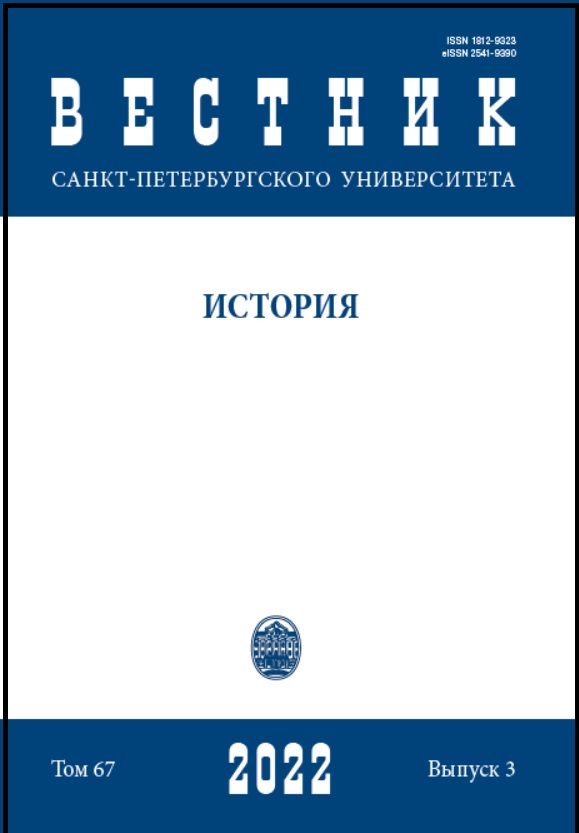Censorship and the Potential Texts in Poland during the Late Communist Period
DOI:
https://doi.org/10.21638/spbu02.2022.312Abstract
The article presents the mechanisms of censorship in the 1980s in the People’s Republic of Poland as well as its consequences that still affect the present. It examines examples of the works subjected to the control as well as the writers of the period, including those who were banned from printing in the country. It indicates fragments of texts once removed from books and discusses works that could not be published in Poland in the 1980s. References are made to the three literary spheres existing at that time in the People’s Republic of Poland: in the first, the “official” one, freedom of speech was significantly limited, and all texts were checked by the Main Office for the Control of Presentations and Public Performances (Główny Urząd Kontroli Prasy, Publikacji i Widowisk); the second (drugi obieg), also described as the free, underground, independent publishing sphere, was not subject to censorship and was illegal, according to the laws in force at that time; the third sphere was émigré literature, by which we mean Polish language materials published abroad. The aim of this article is to show the complexity of this situation as well as its consequences for the present day
Keywords:
censorship, unpublished texts, writers, People’s Republic of Poland, 1980s
Downloads
References
References
Downloads
Published
How to Cite
Issue
Section
License
Articles of "Vestnik of Saint Petersburg University. History" are open access distributed under the terms of the License Agreement with Saint Petersburg State University, which permits to the authors unrestricted distribution and self-archiving free of charge.





